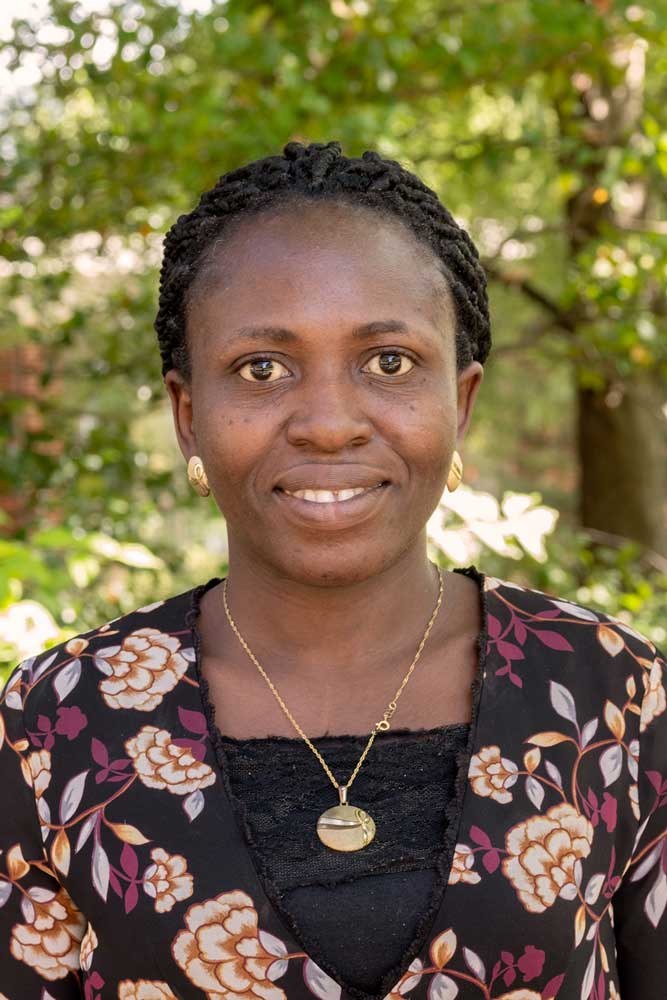This is the eigth short news article written by students, during the professional development class of Spring 2024, about each other's research.

Christianah Sade Komolafe
Student Spotlight: Christianah Sade Komolafe
By Anju Poudel
‘Look at this tomato field, so lush and red! But wait, there's trouble amidst the beauty,’ Christianah Sade Komolafe exclaims as she inspects the tomato plants. The leaves are dotted with holes, a clear sign of the fall armyworm's destructive presence. The fall armyworm caterpillars cause widespread damage to tomatoes by feeding on the leaves. The fall armyworm can multiply quickly, becoming difficult to manage and leading to significant reductions in harvests.
Christianah Kamolafe, an Entomology Ph.D. student at Penn State University mentored by Professor Gary Felton, has identified a critical problem: unlike their wild relatives, cultivated tomato plants don't seem to recognize the fall armyworm's attack, leaving them vulnerable.
‘It’s as if our domesticated tomatoes are blind to the fall armyworm’s attack,’ she observes.
Normally, tomato plants would produce specific hormones to defend against such damage. For example, jasmonic acid, a plant hormone, is released to counter chewing insects. However, the cultivated tomatoes are somehow misled, unable to mount a proper defense against the fall armyworm, allowing pest to feed uninterrupted.
Why are cultivated tomatoes unable to detect and respond to the fall armyworm? Prior studies suggested wild tomatoes can cope with pests better than cultivated tomatoes.
She hypothesizes that there is a genetic basis for resistance in wild tomato plant, which could be used to support crops if the wild genes can be incorporated in cultivated plants.
For her research, Christianah will examine wild tomato plants’ response to both normal and genetically modified fall armyworms. These studies will help her understand the genetic mechanisms underlying resistance in wild tomato plants.
Christianah’s work is crucial for the agricultural community, as it paves the way for growing crops with built-in pest resistance. Christianah’s passion is to uncover new plant-insect interaction mechanisms, hoping that ‘by grasping how wild tomatoes naturally repel pests, we can use this insight to aid our farmers and diminish crop loss.’
Christianah Sade Komolafe’s research has the potential to make a significant difference in the field of agricultural science by enabling crops to defend themselves naturally against pests like the fall armyworm. This would not only increase crop yields but also promote sustainable farming practices.
Christianah is a PhD student in Professor Gary Felton’s research group in the Department of Entomology at Penn State. Her research is funded by Department of Entomology.

